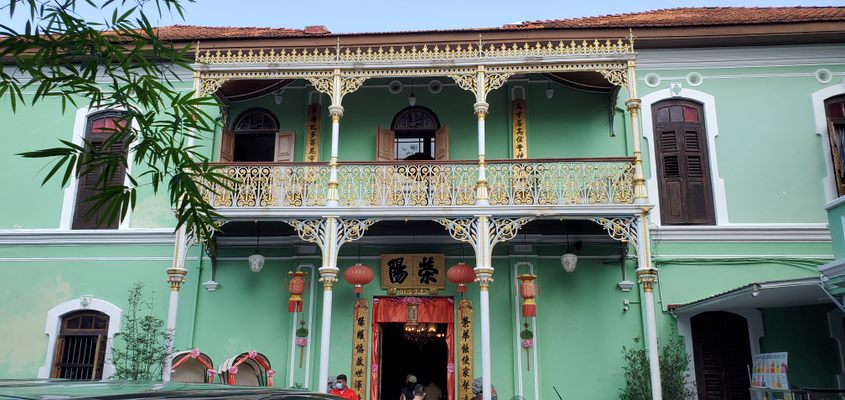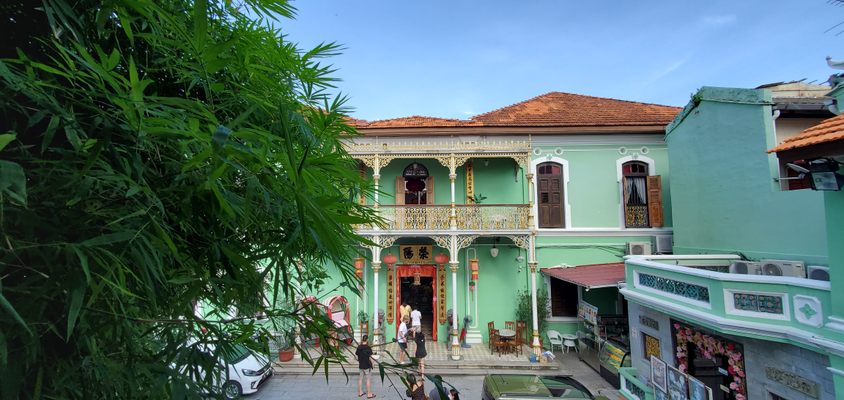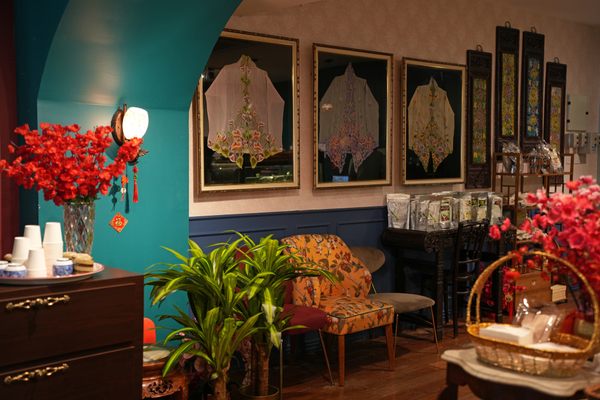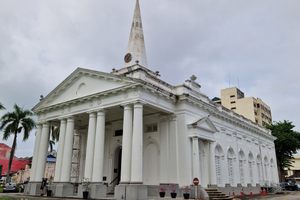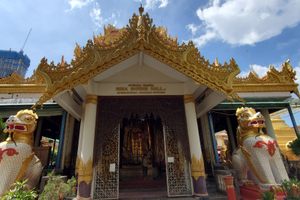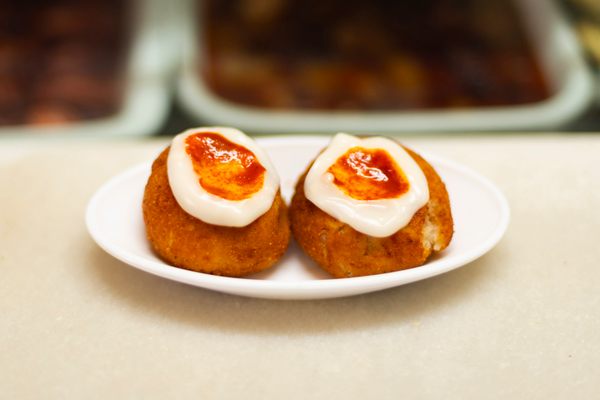About
Penang is one of several cities around Southeast Asia that celebrates the Peranakan community, descendants of traders who arrived from overseas and married local Malay women. In Penang, those Peranakans are predominantly known as the Straits Chinese Peranakan, fusing traditions from the Chinese overseas sailors as well as the local Malays. Locally, they’re known as the Baba Nyonya.
Peranakan culture is known for its elaborate, intricate attention to detail. This is reflected in the glittering, painstakingly embroidered clothes and beaded shoes, but is also an integral part of the Nyonya food culture. Ingredients are meticulously measured, cut, and presented, mixing ingredients from the Malay Peninsula alongside classically Chinese ingredients to craft a uniquely Southeast Asian flair. For decades, the Peranakans handed down their tightly guarded recipes through their family, passing the knowledge from mother to daughter. It’s only as of late that that culture has widened, allowing outsiders to learn more about the food.
For a primer on this secretive food culture, visit Nyonya Palazzo, a cafe located within the Pinang Peranakan Mansion, which itself is a veritable treasure trove of knowledge about the Peranakan tradition. At Nyonya Palazzo, visitors can indulge in Malaysia’s snacking culture, ordering up platters of vibrantly-colored, delicately-flavored nyonya kuih.
The nyonya’s careful attention to detail comes to life when it comes to kuih, Southeast Asian sweet or savory snacks that can take on a variety of forms. Flavor combinations may include various permutations of tapioca flour, glutinous rice, pandan, butterfly pea flower, gula melaka (a darker, more caramel version of palm sugar), or coconut, either steamed or grilled.
At Nyonya Palazzo, visitors can snack on these bite-sized treats, including pulut tai tai, a sweet glutinous rice cake that’s dyed with butterfly pea flower and steamed in coconut milk, topped with coconut jam; kuih seri muka, where a light pandan layer sits atop glutinous rice steamed with coconut milk; kuih pai tee, a delicately crunchy vegetable-and-spice filled pastry; and gao teng kuih, a nine-layered pink and orange kuih that features thin, stacked layers of steamed tapioca flour and rice flour that’s been mixed with coconut cream and pandan.
After eating to your heart’s delight, wander back downstairs, where you can rent traditional Nyonya outfits and tour the mansion. After all, there’s more Peranakan culture lurking around the island—you just have to know where to look.
Related Tags
Wild Borneo: Secrets of an Ancient Rainforest
Orangutans, fishing villages & untouched beauty in the Borneo Rainforest.
Book NowPublished
May 16, 2024


